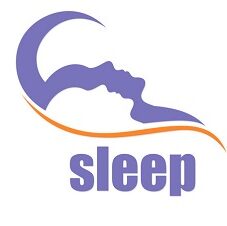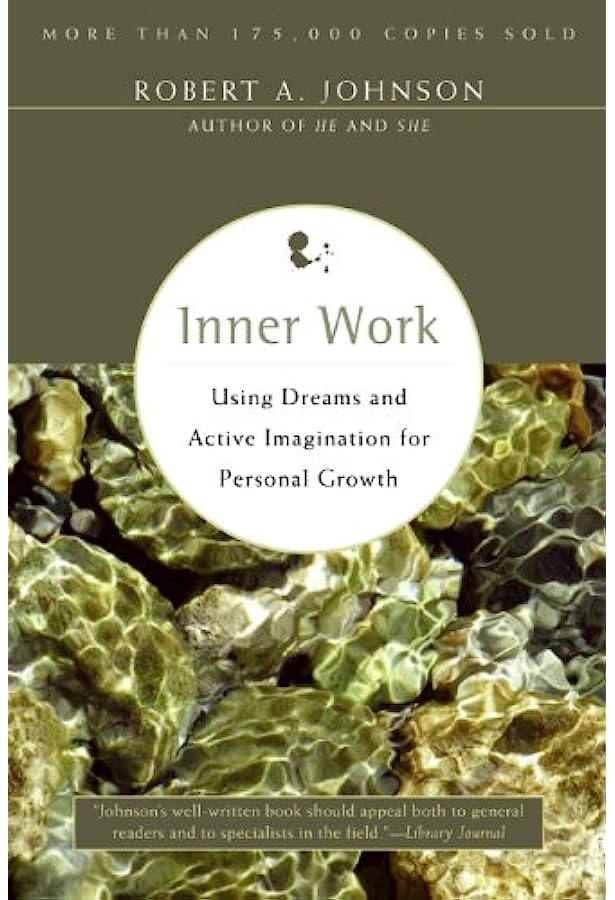Introduction
Do you often find yourself tossing and turning in bed, unable to fall asleep no matter how tired you are? If so, you may be suffering from insomnia. Insomnia is a common sleep disorder that affects millions of people worldwide. It can have a significant impact on your daily life, causing fatigue, irritability, and difficulty concentrating. In this blog post, we will explore the causes, symptoms, and treatments of insomnia, providing you with valuable information to better understand and manage this sleep disorder.
Causes of Insomnia
Insomnia is a common sleep disorder that affects millions of people worldwide. It can be caused by various factors, including:
- Stress and anxiety: High levels of stress and anxiety can interfere with sleep patterns, making it difficult to fall asleep or stay asleep.
- Medical conditions: Certain medical conditions such as chronic pain, respiratory problems, and hormonal imbalances can contribute to insomnia.
- Medications: Some medications, particularly those used to treat allergies, asthma, and high blood pressure, can disrupt sleep patterns.
- Unhealthy lifestyle habits: Poor sleep hygiene, such as irregular sleep schedules, excessive caffeine intake, and lack of physical activity, can lead to insomnia.
- Environmental factors: Noise, light, and uncomfortable temperature levels in the bedroom can make it challenging to fall asleep and stay asleep.
Symptoms of Insomnia
Insomnia can manifest in various symptoms, which may include:
- Difficulty falling asleep: Individuals with insomnia often experience prolonged periods of tossing and turning before finally falling asleep.
- Frequent awakenings: Insomniacs tend to wake up frequently during the night and have trouble going back to sleep.
- Daytime fatigue: Lack of quality sleep can result in excessive daytime sleepiness, fatigue, and reduced concentration.
- Irritability and mood disturbances: Insomnia can have a negative impact on mood, leading to increased irritability, anxiety, and depression.
- Impaired performance and productivity: Sleep deprivation caused by insomnia can impair cognitive function, memory, and overall performance at work or school.
Treatments for Insomnia
Thankfully, there are several effective treatments available for managing and treating insomnia. These include:
Lifestyle modifications
Simple changes to your daily routine and lifestyle habits can have a significant impact on improving sleep quality. Some helpful modifications include:
- Establishing a regular sleep schedule: Going to bed and waking up at the same time every day helps regulate your body’s internal clock.
- Creating a sleep-friendly environment: Ensure your bedroom is quiet, dark, and at a comfortable temperature to promote better sleep.
- Avoiding stimulants: Limit your caffeine intake, especially in the afternoon and evening, as it can interfere with falling asleep.
- Incorporating exercise: Engaging in regular physical activity can help regulate sleep patterns and promote better overall sleep quality.
Cognitive Behavioral Therapy for Insomnia (CBT-I)
Cognitive Behavioral Therapy for Insomnia (CBT-I) is a widely used therapeutic approach for treating insomnia. It focuses on identifying and changing negative thoughts and behaviors surrounding sleep. CBT-I may include techniques such as relaxation exercises, sleep restriction, and stimulus control to promote healthier sleep habits.
Medications
In some cases, doctors may prescribe medications to help manage insomnia. These medications are usually short-term solutions and should be used under medical supervision. Commonly prescribed medications for insomnia include sedatives, hypnotics, and antidepressants.
Alternative therapies
Some individuals may find relief from insomnia through alternative therapies such as acupuncture, herbal supplements, and aromatherapy. However, it’s important to consult with a healthcare professional before trying any alternative treatments.
Insomnia: Causes, Symptoms, and Treatments
Summary
Insomnia is a sleep disorder characterized by difficulty falling asleep, staying asleep, or experiencing non-restorative sleep. It can be caused by various factors, including stress, anxiety, depression, poor sleep habits, or certain medical conditions. Common symptoms of insomnia include fatigue, daytime sleepiness, difficulty concentrating, and mood disturbances.
Treating insomnia involves both non-pharmacological approaches and, in some cases, medication. Non-pharmacological treatments include improving sleep hygiene, implementing relaxation techniques, and cognitive-behavioral therapy for insomnia ( find here find here CBT-I). Medications, such as hypnotics, may be prescribed for short-term relief, but they should be used cautiously and under medical supervision.

Welcome to my website! My name is Jack Rosman, and I am a professional Dream Psychologist dedicated to helping individuals achieve better sleep, understand their dreams, and improve their overall well-being. With years of experience in the field, I am passionate about providing effective snoring solutions, sleep therapy, sleep supplements, and dream analysis to enhance the quality of your sleep and unlock the hidden messages within your dreams. Read More

